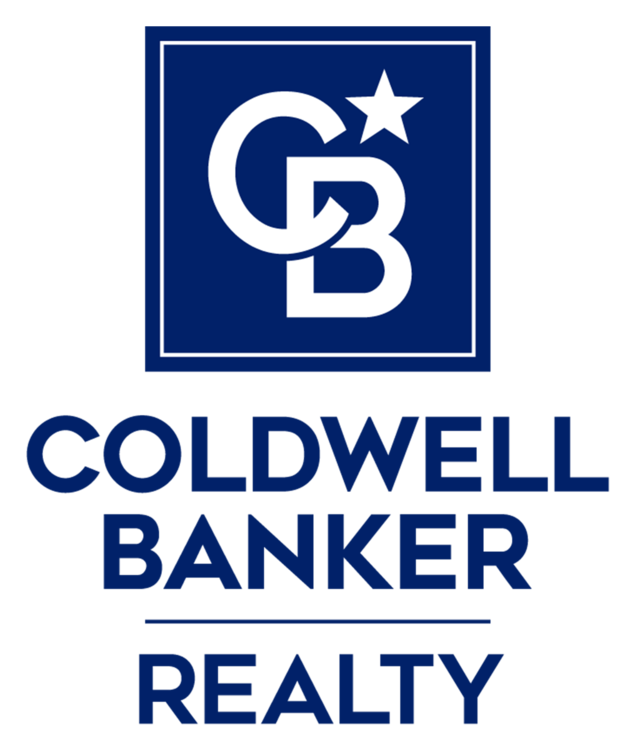 As a seller, you probably have a list of questions. They may also include questions about selling and buying when right-sizing. I have tried to answer the most frequently asked questions (FAQ) selling ones below. The frequently asked buying ones are listed under buyer’s FAQ’s. However, if you have others, I am glad to help. Just give me a call at 908-238-0118 or drop me a note at jpeters@jpeters.com and I can help you to navigate through the selling process.
As a seller, you probably have a list of questions. They may also include questions about selling and buying when right-sizing. I have tried to answer the most frequently asked questions (FAQ) selling ones below. The frequently asked buying ones are listed under buyer’s FAQ’s. However, if you have others, I am glad to help. Just give me a call at 908-238-0118 or drop me a note at jpeters@jpeters.com and I can help you to navigate through the selling process.
While The Answer To This Basic Question Is As Individual As You Are, Here Are Some Things To Consider.
Generally speaking, under most market conditions, real estate professionals advise listing your present home and shopping for your new home simultaneously. Nonetheless, you should talk to me about your personal situation, so you can consider how fast you need to sell and how long you should expect it to take in current market conditions.
If you have very specific criteria – like location, size, views, age, etc. which could lead to a time-consuming home search – you should consider finding and buying a home first before you sell your existing home. If necessary, your offer to buy a home can be contingent on selling yours. On the other hand, if you sell first, you can make your sale dependent on finding a home to buy.
Seasonality can play a role in deciding when to sell – with spring and fall the most popular seasons to put a home on the market.
I can help you consider the effect of other factors like interest rates, consumer confidence, month’s supply and typical times to sell at your specific price range in the local economy.
An escape clause, also known as a kickout or knockout clause, is a provision that allows the party to void the contract. For example, the seller may retain the right to look for a more favorable offer, with the original purchaser retaining the right, if challenged, either to firm up the first sales contract (such as by waiving a contingency) or to void the contract. As another example, sellers might insist upon an escape clause in a contract that hinges on the buyers’ selling their home.
You will want to be sure that your agent is familiar with these options and works in you general best interests.
Sales contracts typically contain several “contingency” clauses, or stipulations that the sale is subject to. For example, with a mortgage contingency, if the buyer is unable to obtain financing within the specified timeframe, neither the buyer nor the seller is required to complete the purchase. Among other common provisions in the “subject to” section are termite and other inspection issues and the purchaser’s need to sell a current home first.
This is where my experience and negotiating skills are important.
That’s a strategy that sounds good – but, in fact, is more likely to result in a lower price. Here’s why: The first few weeks a house is on the market is when it will have the most activity. If a house is overpriced, it has to compete with houses at that higher price level, which are almost certainly larger or have newer/more luxurious features. So the overpriced home is unlikely to attract an offer. Worse yet, those first weeks are when real estate agents preview the house. If it’s overpriced, they may not even bother to show it to their buyers. Eventually, the seller will have to drop the price – and may end up with an even lower price because buyers will wonder why the house has been on the market so long and may factor that into their offer.
Setting the proper initial price is critical to your success. That is where my Right Pricing Strategy combined with years of local market experience becomes key.

